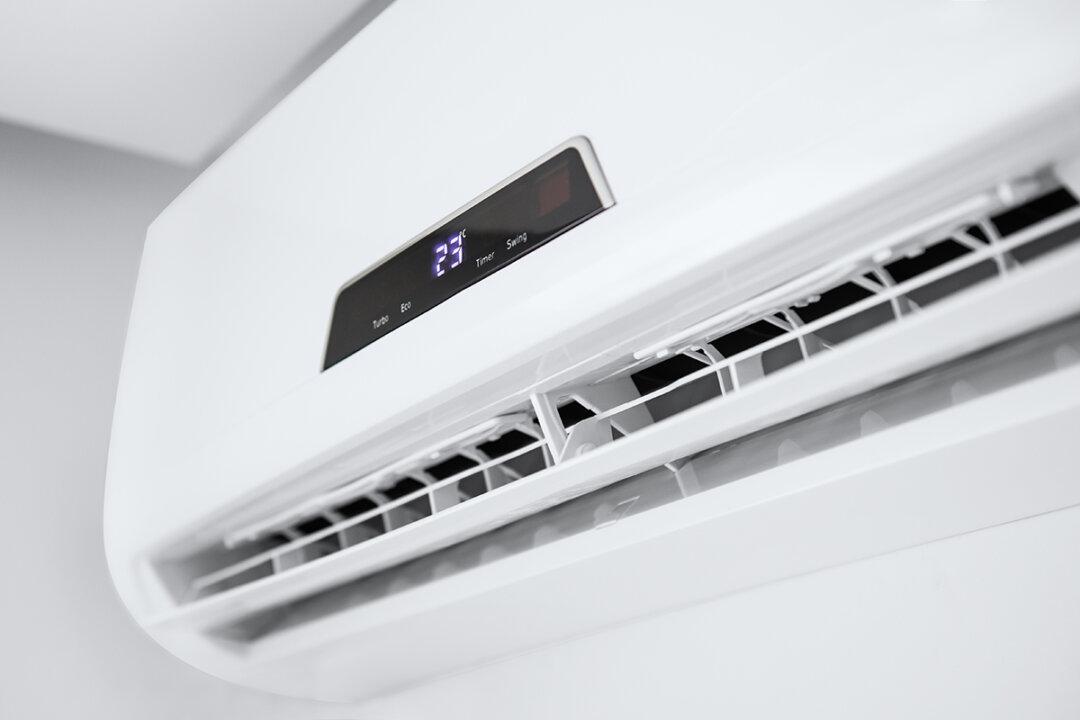The New South Wales (NSW) state government issued a request to citizens urging them to “temporarily reduce non-essential use of electricity” on Dec. 14, as hot temperatures put pressure on the electricity grid.
With temperatures forecast to hit 40 degrees Celsius in parts of the country’s most populous state, including Sydney, the Australian Energy Market Operator (AEMO) said it expected power use to peak between 5 p.m. and 9 p.m.





